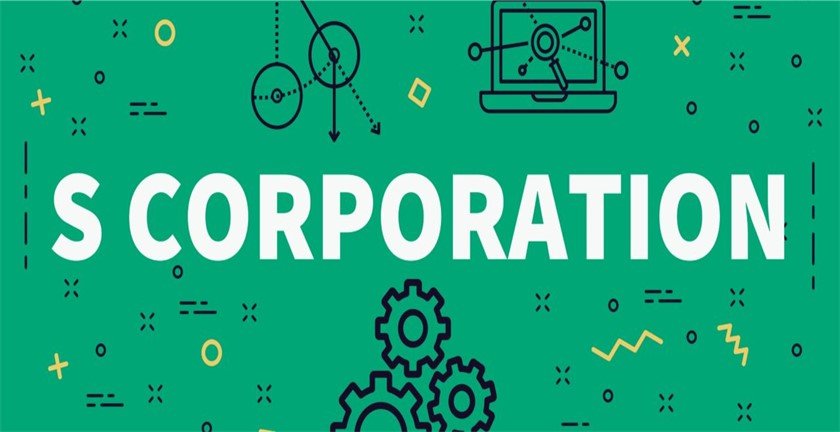Image source: underwoodlawllc.com
S corporations (small business corporations) is a business formed through the IRS. S corporation allows the shareholders to be taxed at the individual bracket. They’re not subjected to any federal income tax levied at the corporate sector. Let’s look at the pros and cons of operating this form of business.
Pros:
1. Tax advantage: In S corporations, profits and losses are subjected to the owner’s personal income tax. This enables you to avoid double taxation.
2. Save payroll taxes: Since the shareholder is the owner and the employee of the corporation, it saves on payroll taxes. Shareholders can receive dividends and other distributions which are tax-free.
3. Transfer of ownership: In S corporations, interests can be transferred freely without triggering any adverse tax. Once ownership interest is transferred, no need for making property adjustments or having to comply with complicated accounting rules.
4. Write off losses: It allows you to write-off losses when you start the company and also reduce the taxable gains upon selling the company. Losses can also offset income on shareholders’ tax return.
5. Liability protection: S corporations protects you against any liability although you’re personally held reliable for your own actions. Your personal assets are protected and cannot be sold in case of any business debts or liabilities.
6. The cash method of accounting: S corporations use the cash method for accounting purposes instead of accrual method since they don’t have inventories.
7. Pass through taxation: In S Corporation, you’re not required to pay federal taxes at the corporate level. Not all states that follow the federal laws.
8. Build credibility: S corporations help the business build credibility with potential customers, employees, suppliers, and partners since they can see your commitment to the business.
9. Easier accounting rules: Cash accounting method is much easier than the accrual method.
10. Great for service business: S corporation is great for services business like consultation due to the small initial fee required at start-up.
Cons:
1. Cost: The start-up cost and ongoing expenses of this form of business is very high and require a lot of time and dedications in its operations.
2. A single class of stock: Have S corporation status limits you to deal with one class of stock and this gives less control of the company. One class of stock also limits stock value.
3. Tax file: Although you can receive a tax advantage from this form of business, you will still file tax returns every year. Non-corporate business structures avoid corporate tax.
4. Salary: IRS requires the s corporation officers and owners receive a salary even if the company isn’t making profits. Those who have more than 2% of the company shares cannot qualify for tax-free benefits and their fringe benefits are taxed as compensation.
5. Recognition: Some states do not recognize s corporations, therefore, check with your state.
6. Less attraction to outside investors: It will be difficult to get investors willing to invest money into this corporate structure. Other regular corporation structures have a better choice of obtaining venture capitalist, unlike the S corporations.
7. Corporate meeting: Your status in S corporation structure requires you to hold regular meetings and maintain the company’s minutes. This is an added time to operating the s corporation, unlike the limited liability company which is simple and easier to operate.
8. Limitations: The shareholders of S corporations cannot be non-American residents and must also have a domestic company in any state.
9. Tax qualification obligation: Any mistakes made during stock ownership, consent, notifications, and filing requirements may lead to termination of S corporation.
10. Calendar year: S corporation must adapt calendar year as the tax year unless there is an established business purpose for having a fiscal year.



